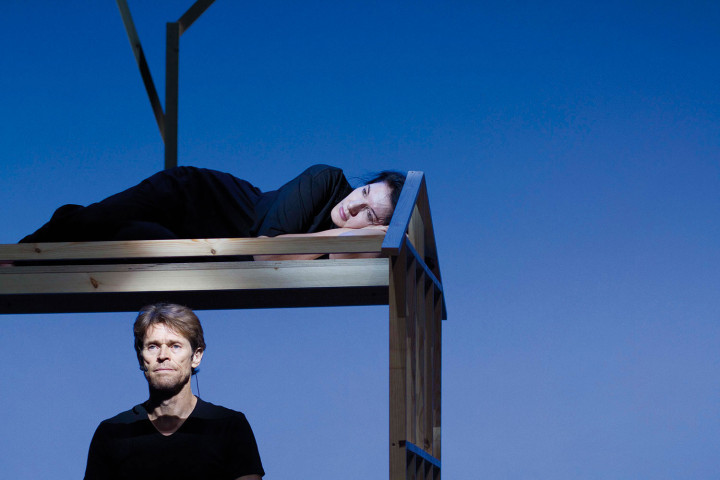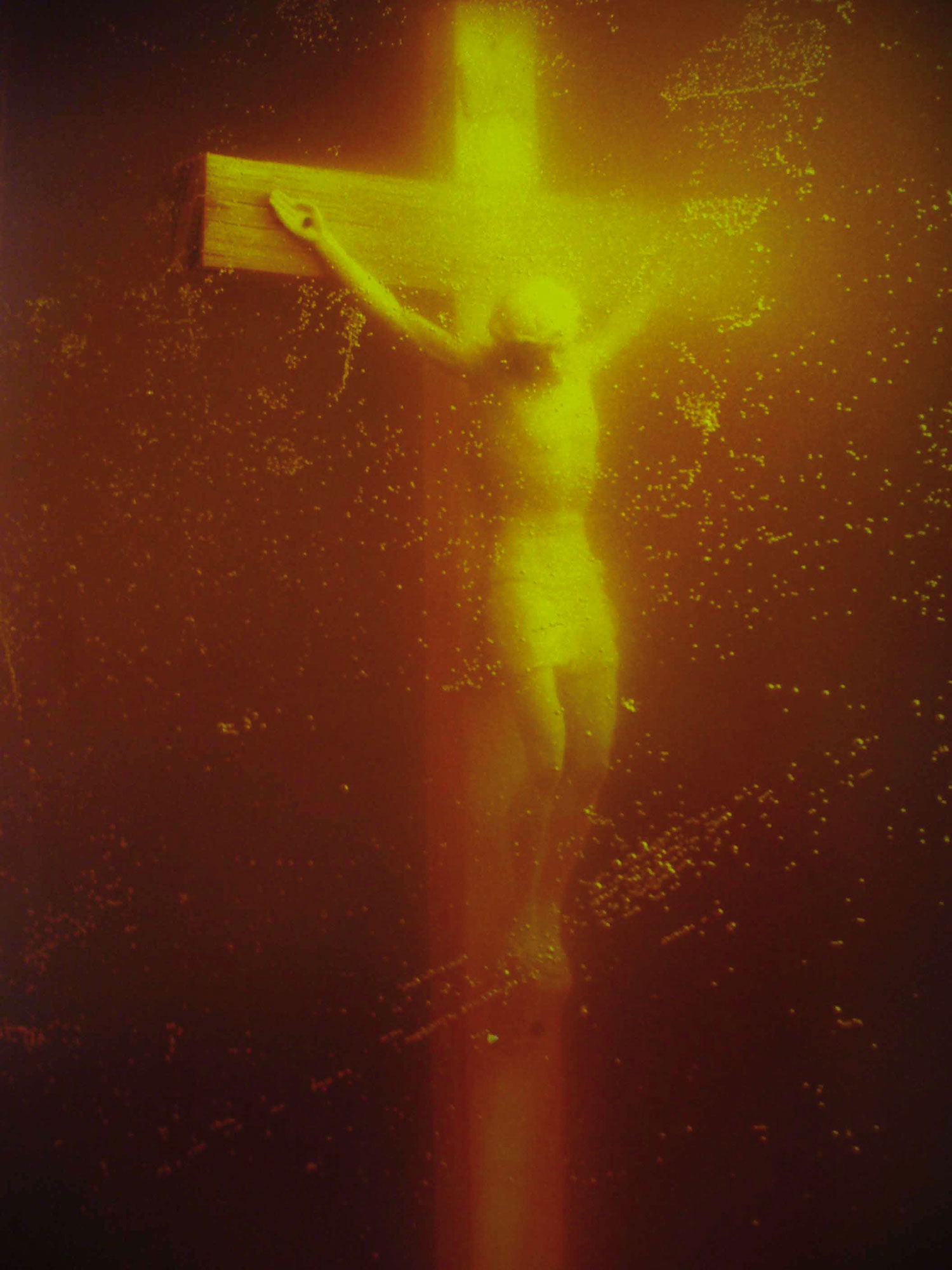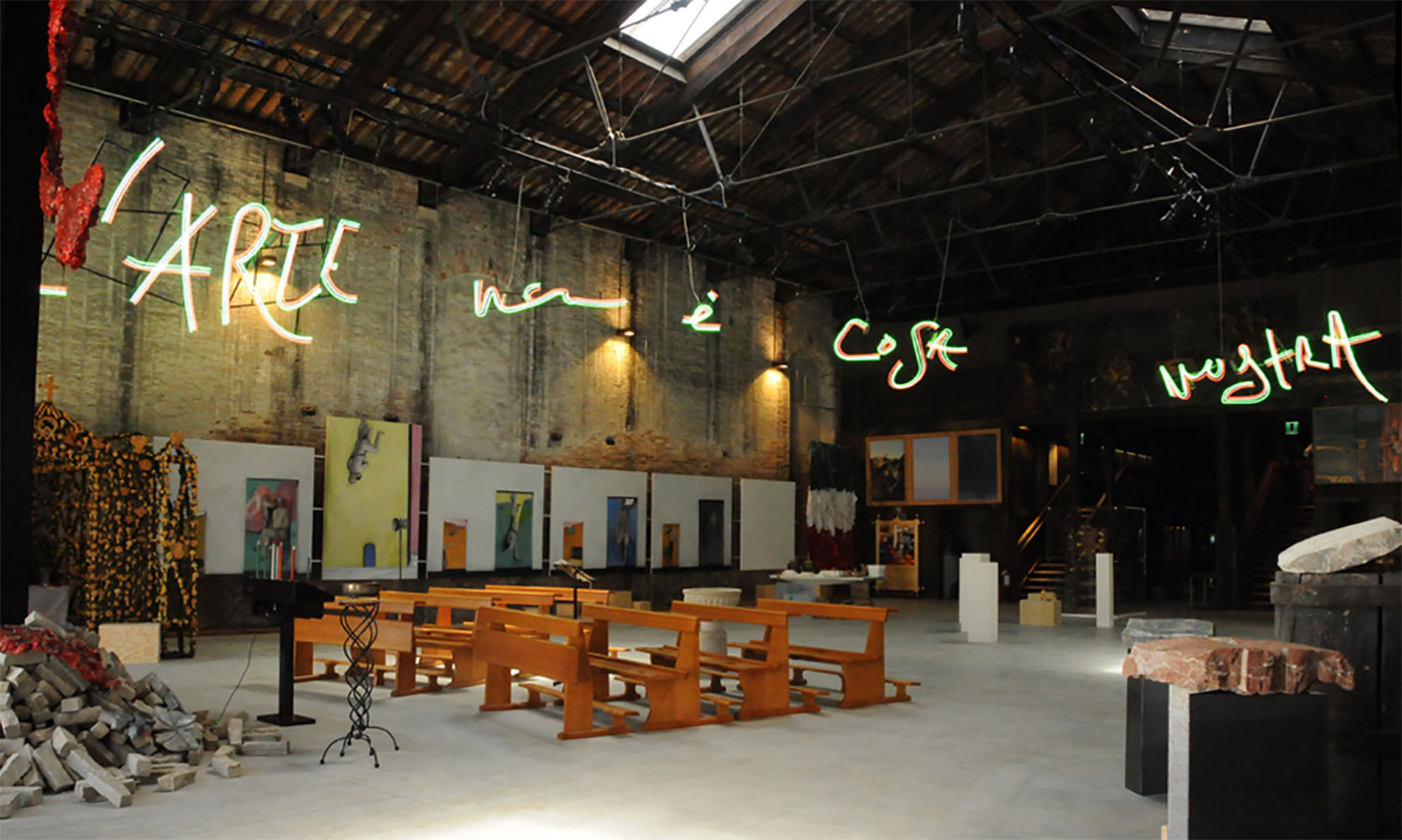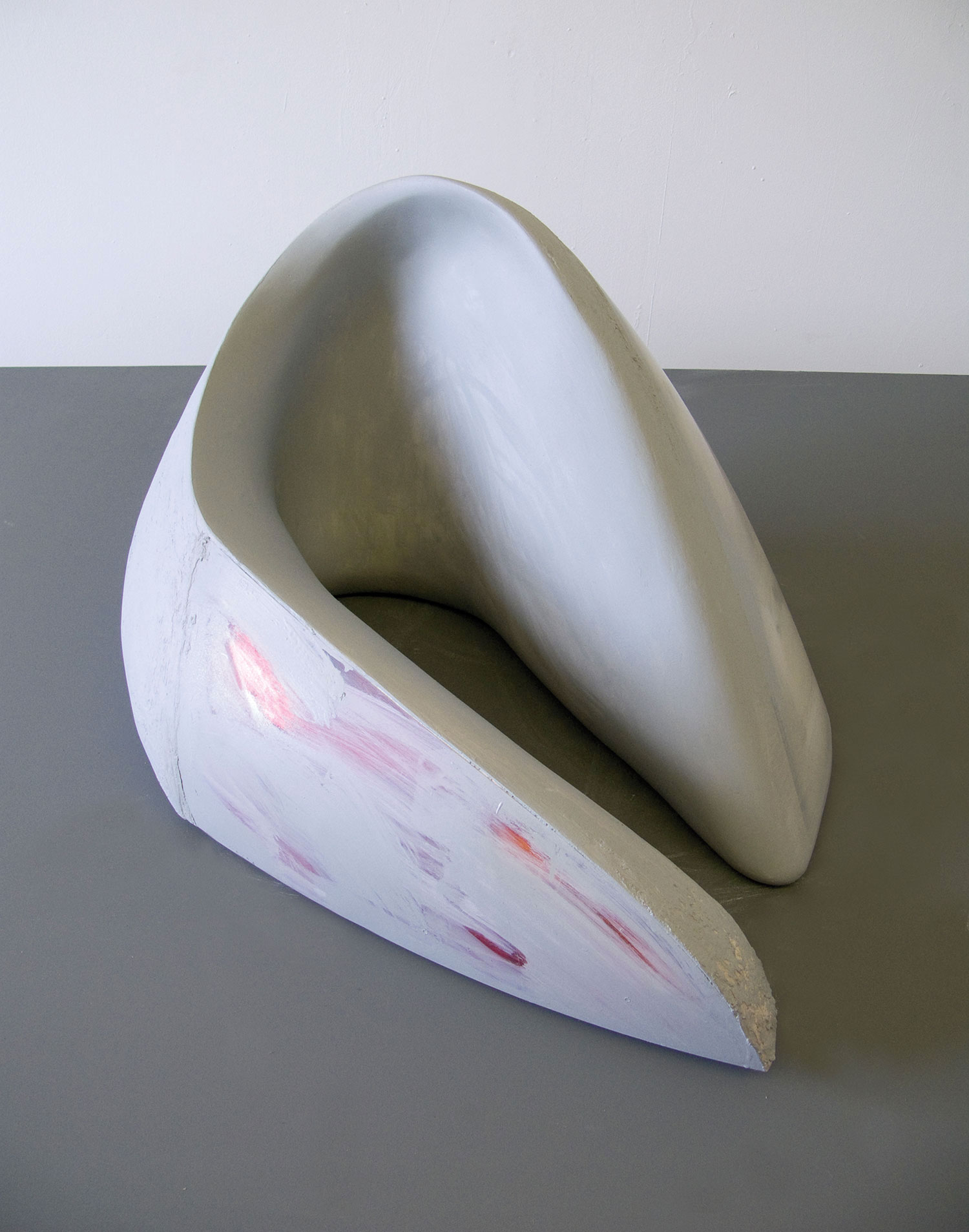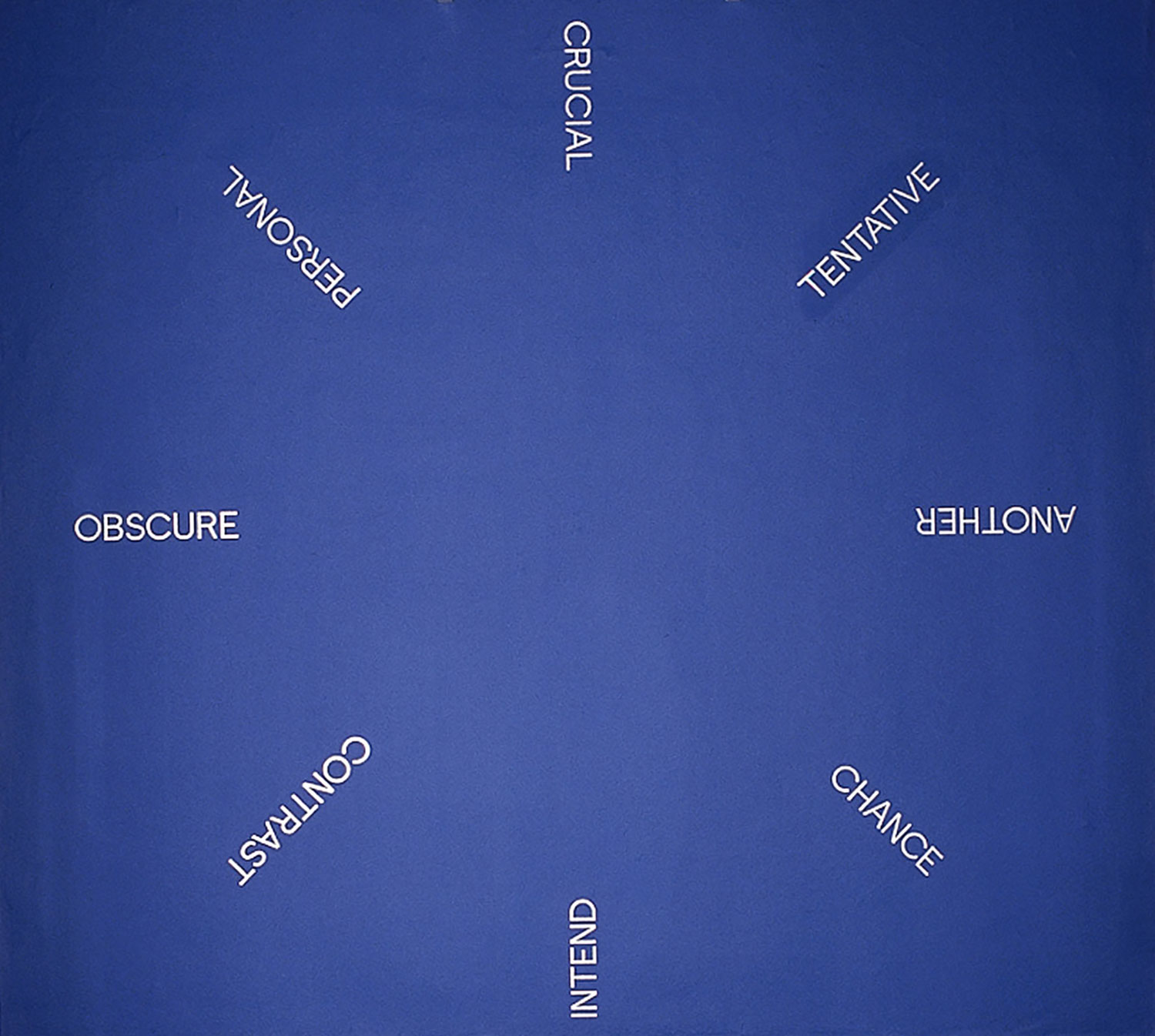
As a performance artist, I always hated the theater. I didn’t think it was something real. Performance art is about reality, the knife is the knife and the blood is the blood. In the theater, the knife is not the knife and the blood is not the blood.
After walking the Great Wall of China in 1988, which symbolized the end of my working and living relationship with Ulay, I reached a point of depression and I was looking for a way to start working on my own again. In this period, I got the idea that the best way of dealing with depression and pain was to stage it in the form of theater, creating distance from it, which can lead to liberation.
The first director I worked with to stage my life was Charles Atlas in 1989. After this, every five to six years, I would invite a different director and give him all the material: my work, personal notes, diaries, to use and to stage the way that he wanted.
The most important part of this process was that I give up complete control over my own material. Each of the directors are free to remix the material to take things they like more, to edit out the things they don’t and to create their own vision of my life, chronological or not. I am just an actor in their vision. In this way, each time I would play the biography of my life, my life looked differently to me. Giving up control is the most liberating act, but I do this only in the theater. I could never do this in my own performance or life.
This time, I invited Bob Wilson to direct The Life and Death of Marina Abramović. I’ve wanted to work with him for so long. He is the inventor of a new form of language in the theater. His perception of time is very close to my perception of time. His incredible amount of concentration is mesmerizing.

I remember the first day when we walked into the rehearsal space. There was a set light on the stage and he said, “go to level, go to 60, go to –1,” and then it would become dark again. He was really building emotions with light and nobody was even on the stage yet.
Robert Wilson is at the moment the right choice. He really understands the contradictions of my life. He decided to open the work with a funeral of three Marinas, after this going through childhood and life and then another funeral with the raising of my soul. Antony Hegarty has composed nine new songs for the production. His voice is like an angel come to earth, and the lyrics are just incredible. Willem Dafoe, apart from his movie career, has so much experience with the theater. He has worked with the Wooster Group for such a long time, and he is an important part of the production. He is playing many roles: an old general, a dancer, a singer, and a narrator who holds everything together with long monologues.

